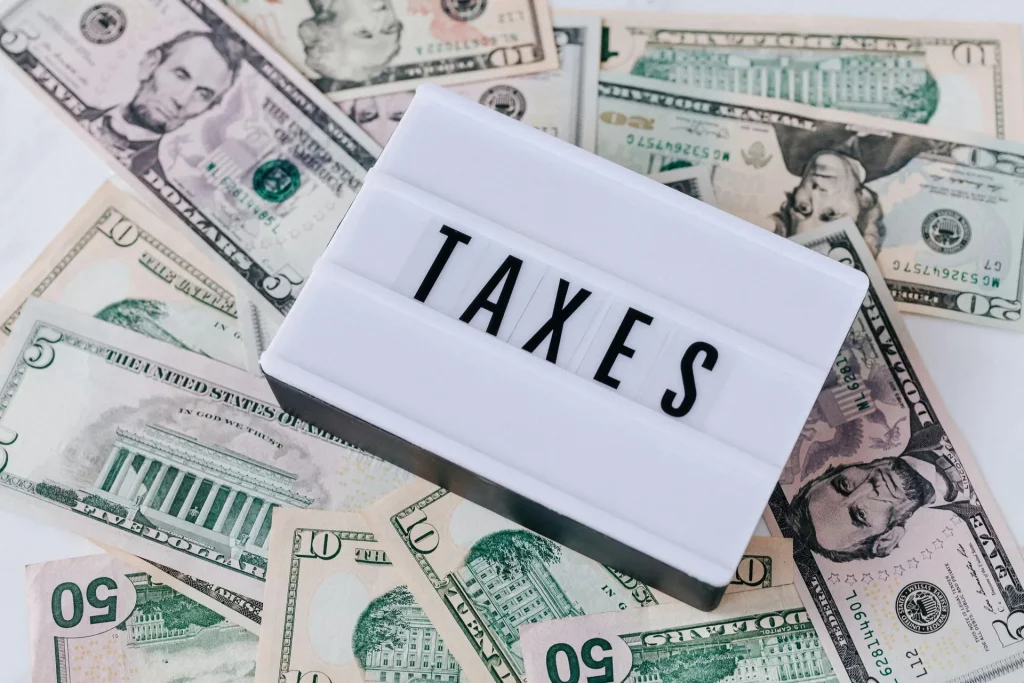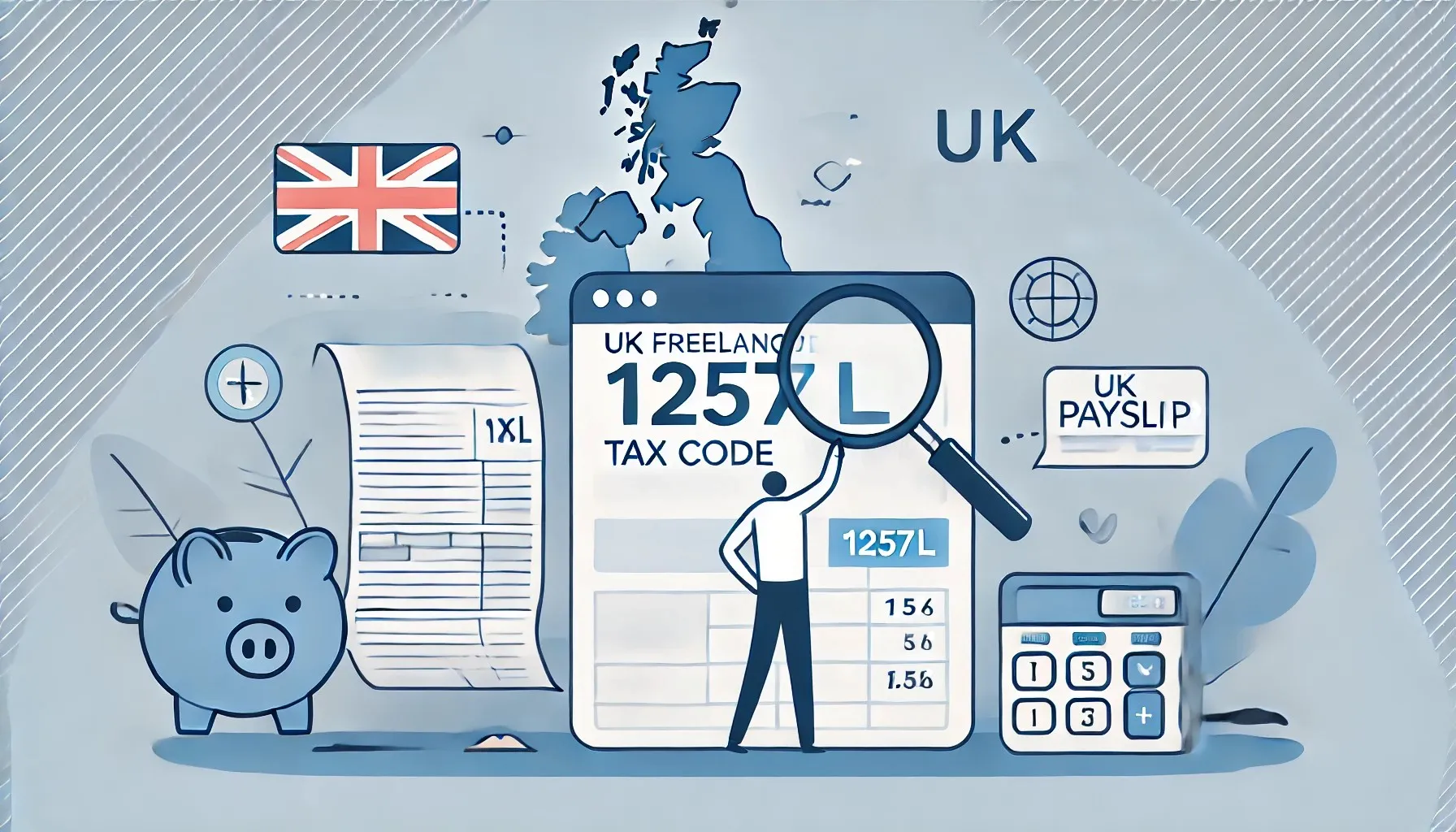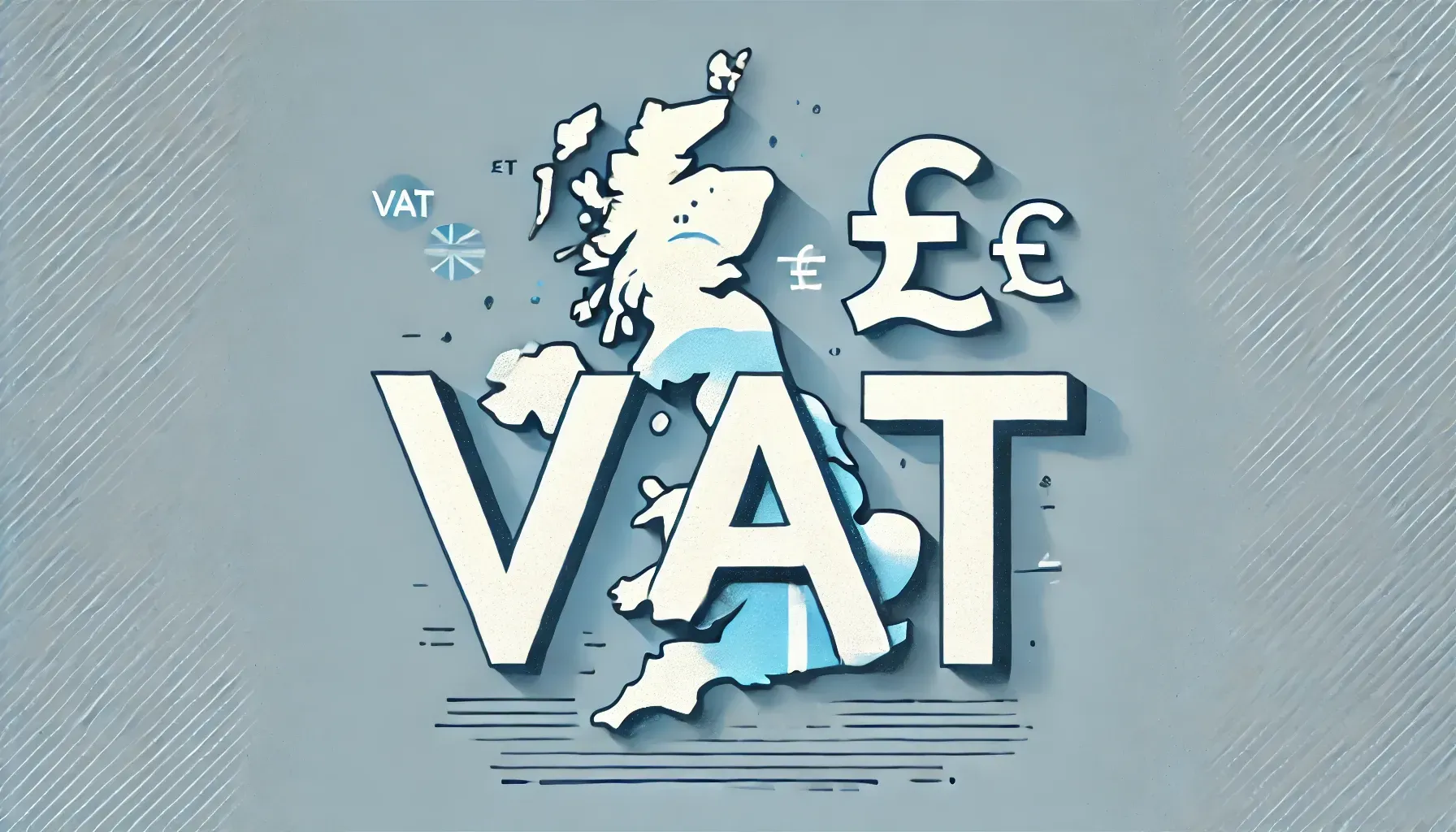How Much Tax Should I Pay?
- 28 May 2025

How Much Tax Should I Pay UK – A Clear Guide
How much tax should I pay UK? It’s one of the most common questions we receive at SBX Accountants. This guide explains everything for sole traders and company directors, from PAYE and self-employed tax rules to income tax bands, dividends, and HMRC deadlines.
It’s an important question and one you should never hesitate to ask.

PAYE vs. Self-Employment: What Changes When You Go Solo?
From Payslip to Paperwork: Your New Tax Responsibilities
If you’re a salaried employee, your Income Tax and National Insurance are automatically handled through PAYE. Everything’s deducted for you, and it’s clearly shown on your payslip.
But when you become self-employed – either as a sole trader or a limited company director – your tax responsibilities become more complex.
Understanding these responsibilities is crucial to staying compliant with HMRC, avoiding unexpected bills, and managing your finances confidently.
Sole Trader vs. Limited Company: What’s the Real Difference?
Choosing between operating as a sole trader or through a limited company significantly affects your tax obligations.
From how much tax you pay to the reliefs you can claim, each business structure has its own rules and implications.
While generic online advice can help, real tax planning depends on your specific income, deductions, and goals. That’s where personalised support from a qualified accountant is invaluable.
How SBX Can Help
The way you set up your business affects:
- How much tax you pay
- What reliefs and allowances you can claim
- Your reporting and filing responsibilities
Income Tax Bands (England, 2025/26)
Income Tax (England)
- Personal Allowance: £12,570 (tax-free)
- Basic Rate: 20% on income between £12,571 and £50,270
- Higher Rate: 40% on income between £50,271 and £125,140
- Additional Rate: 45% on income over £125,140
Note: If you earn over £100,000, your Personal Allowance reduces by £1 for every £2 earned over that threshold.
National Insurance for the Self-Employed (2025/26)
If your profits are over £12,570:
- 6% on profits between £12,570 and £50,270
- 2% on profits above £50,270
- If your profits are under £6,725, you don’t need to pay, but you can choose to make voluntary Class 2 contributions (£3.45/week). Doing so helps protect your entitlement to the State Pension.
Dividend Tax (for Limited Company Directors)
For the 2025/26 tax year:
- Dividend Allowance: First £500 is tax-free
- Basic Rate: 8.75%
- Higher Rate: 33.75%
- Additional Rate: 39.35%
Dividends are paid from company profits after Corporation Tax and taxed separately from salary.
Additional Tax Planning Opportunities
Pension Contributions
Contributing to a pension can reduce your taxable income. For example, as a basic rate taxpayer, you only need to contribute £800 to receive £1,000 in your pension due to tax relief.
Marriage Allowance
If your partner earns below the Personal Allowance, they may be able to transfer a portion of it to you, reducing your combined tax bill.
Rental Income and Savings
Profits from rental properties and savings interest are taxable. Each has specific allowances and must be reported to HMRC to avoid non-compliance.
We have packages dedicated to property investors at SBX.
Why Tax Planning Matters
No matter your business setup — whether you’re freelancing, contracting, or running a small business — smart tax planning helps you:
- Stay on top of deadlines and requirements
- Minimise your tax bill legally
- Avoid penalties and late fees
- Plan for your future with confidence
Working with SBX Accountants means access to experienced, tailored advice aligned with your financial goals.
Common Mistakes to Avoid
❌ Missing deadlines
❌ Not declaring side income
❌ Overlooking reliefs
❌ Assuming PAYE covers all taxes
Understanding Payments on Account
If you’re self-employed or earning untaxed income, HMRC may ask you to make Payments on Account — advance payments towards your next tax bill.
Key Dates
- 31 January (first payment)
- 31 July (second payment)
- Each payment is typically 50% of your last year’s tax bill. After the year ends, you’ll either make a balancing payment or receive a refund based on your actual income.
How SBX Accountants Can Help
We’re more than just number crunchers. At SBX Accountants, we provide proactive, practical support to help you:
- Understand your personal tax obligations
- Efficiently plan dividends and salary
- File accurate Self Assessment returns
- Legally maximise your income and minimise tax
We also provide tools and calculators to estimate your take-home pay, helping you budget more effectively.
Ready for Peace of Mind?
Let SBX Accountants take the stress out of your tax planning. Whether you’re newly self-employed or running a limited company, we’re here to support your success every step of the way.
📞 Contact us today to find out how we can help you save time, reduce stress, and keep more of what you earn.





